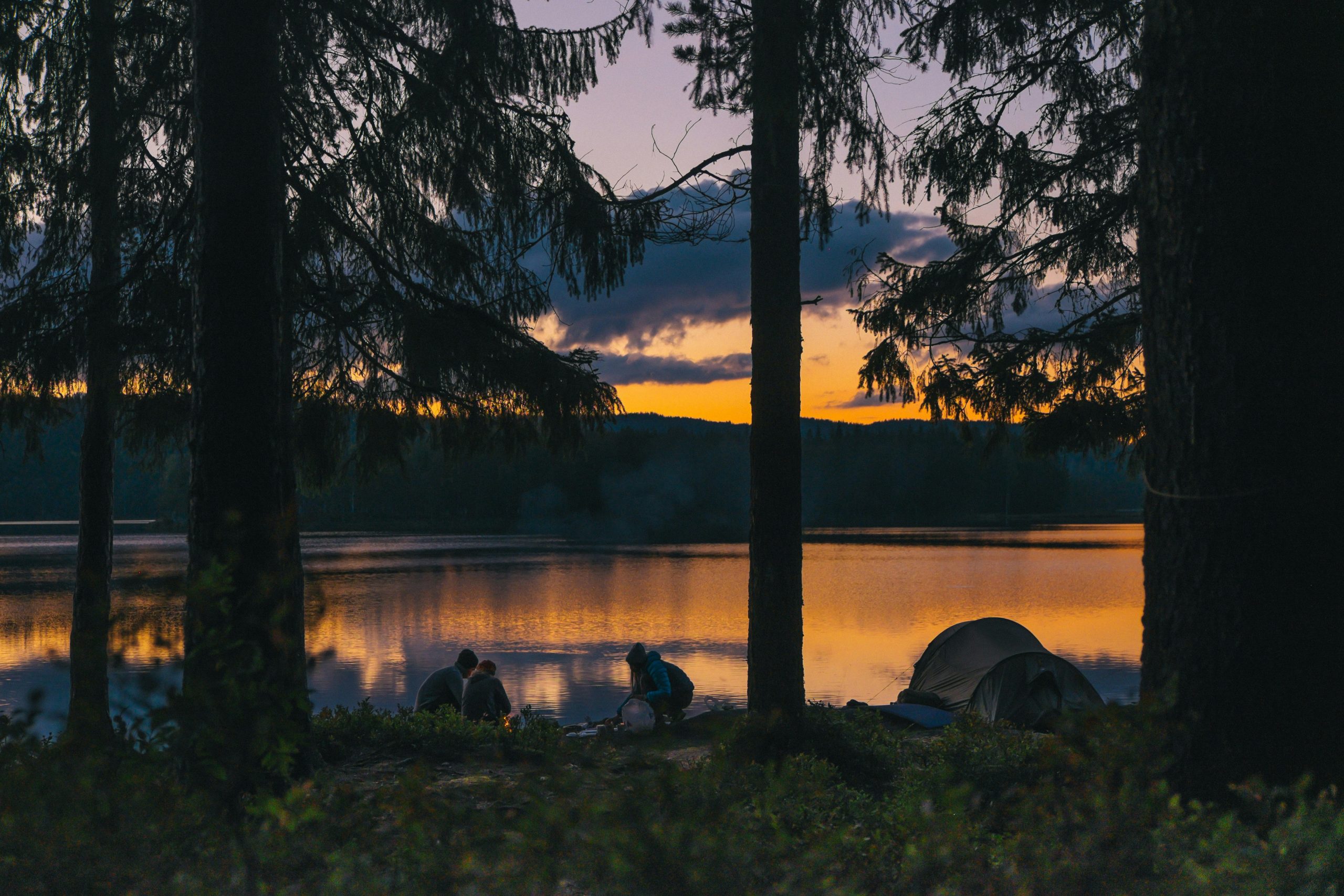
Camping offers a unique opportunity to connect with nature, but it also comes with a responsibility to minimize our impact on the environment. Practicing eco-friendly camping habits is essential for preserving the natural beauty and sustainability of our wilderness areas for future generations. This guide provides essential tips and strategies for environmentally conscious camping, helping you enjoy the great outdoors while reducing your ecological footprint.
Planning and Preparation
Choose Sustainable Gear
Invest in high-quality, durable camping gear that will last for many camping trips to come. Look for eco-friendly products made from recycled materials or sustainable sources. Items such as solar-powered lanterns, biodegradable soaps, and bamboo utensils can significantly reduce your environmental impact. Also, consider borrowing or renting gear, especially if you camp infrequently.
Pack Light and Pack Right
The less you bring, the less energy you use carrying it, and the less waste you generate. Plan your meals carefully to avoid unnecessary packaging and minimize waste. Preparing meals that require simple, minimal packaging can help reduce the amount of trash you need to carry out. Reusable containers and utensils are essential for an eco-conscious camper.
Setting Up Camp
Camp in Designated Areas
Use established campsites to minimize the impact on the environment. Camping on virgin land can damage vegetation and disrupt wildlife. Stick to marked trails and campsites to help preserve the natural habitat and prevent soil erosion.
Energy Conservation
Reduce energy use by relying on natural light as much as possible. Plan activities during daylight hours and use energy-efficient LED camping lights after dark. Consider using a solar charger for electronic devices, and always use rechargeable batteries.
Campsite Management
Water Use and Waste
Be mindful of your water usage and avoid contaminating water sources. When washing yourself, dishes, or clothes, always use biodegradable soap and do so at least 200 feet away from streams, lakes, or ponds. This distance helps prevent soap and waste from entering the water system.
Trash and Recycling
Adopt a “pack it in, pack it out” mentality. Carry all your trash out of the campsite and dispose of it properly. If available, use recycling facilities to dispose of suitable materials. Consider composting organic food waste if you’re camping for an extended period, but make sure to do so responsibly to avoid attracting wildlife.
Fire Management
Use Existing Fire Rings
If campfires are permitted, use established fire rings to contain your fire and reduce the chance of wildfires. Never leave a fire unattended, and ensure it is completely extinguished before you leave or go to sleep. Use local firewood to prevent the spread of invasive species that can come with wood from other areas.
Alternative Cooking Methods
Consider using a portable camping stove, which is more energy-efficient and has less impact on the environment compared to open campfires. If you must use a campfire, keep it small to minimize the amount of wood burned and the impact on the area.
Interacting with Nature
Wildlife Interactions
Keep a safe distance from wildlife and avoid feeding them. Human food can harm animal health and alter their natural behaviors. Store your food securely to prevent animals from accessing it. Use bear-proof containers when necessary, especially in bear-prone areas.
Leave What You Find
Preserve the natural environment by leaving rocks, plants, archaeological artifacts, and other natural objects as you find them. Avoid picking flowers or moving rocks. This respect helps ensure that other campers can enjoy the same pristine environment.
Responsible Trail Use
Stay on Designated Trails
Avoid creating new paths or shortcuts. Walking off the designated trails can cause soil erosion and plant damage. Stick to marked paths, even if they are muddy or slow-going, to protect the surrounding habitat.
Eco-friendly camping requires careful planning and a commitment to preserving the environment. By choosing sustainable gear, managing waste responsibly, conserving resources, and respecting wildlife, you can ensure that your camping adventures are environmentally conscious. These practices not only contribute to the sustainability of our natural areas but also enhance your connection to the environment, making each camping trip a rewarding and responsible encounter with nature. Whether you are a seasoned camper or a beginner, incorporating these habits into your camping routine will help protect our planet while allowing you to enjoy its beauty responsibly.